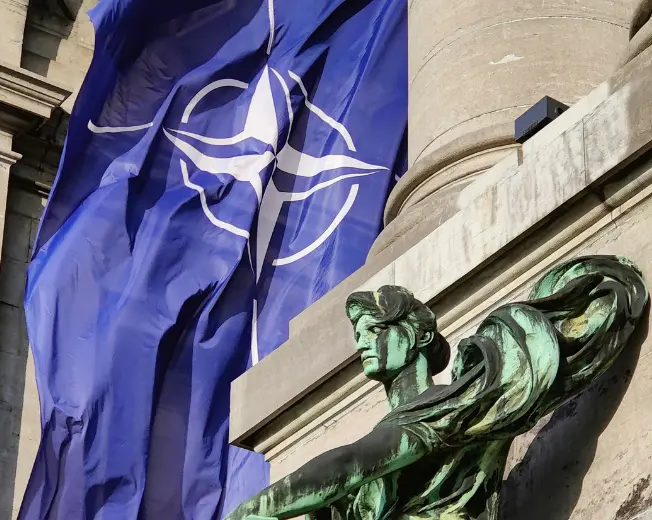In a decisive move to address the recent surge in Russian airstrikes on Ukraine, NATO Secretary-General Jens Stoltenberg has announced an emergency meeting between NATO diplomats and Ukrainian officials on January 10. The meeting, organized under the newly established NATO-Ukraine Council, is a direct response to Ukraine’s request for assistance following a series of devastating missile and drone attacks on civilians, cities, and towns.
Understanding the Format of the NATO-Ukraine Council Meeting
Scheduled at the urgent behest of Kyiv, the NATO-Ukraine Council meeting underscores the severity of the situation and the need for swift diplomatic intervention. This format, designed to facilitate strategic discussions and collaboration, highlights the transatlantic defense alliance’s commitment to finding diplomatic solutions amid the intensifying conflict.
The Global Response: NATO’s Stand Against Aggression
NATO’s involvement in mediating the conflict marks a collective effort to address the escalating crisis. As the alliance convenes this critical meeting, it reflects a unified stand against the aggression faced by Ukraine. Insights gained from this diplomatic initiative are anticipated to shape the global response and future strategies in dealing with such geopolitical challenges.
Amidst growing tensions, the urgency of the meeting stems from the recent wave of heavy Russian airstrikes targeting various regions in Ukraine. The transatlantic defense alliance has responded promptly, emphasizing the need for diplomatic solutions to quell the ongoing turmoil.
In a statement released by a NATO spokesperson, it was confirmed that the meeting would take place in the format of the NATO-Ukraine Council. This platform, designed for collaborative discussions, signifies a proactive step towards finding diplomatic resolutions to the crisis. The decision to convene was prompted by Kyiv’s request for assistance following the alarming surge in missile and drone attacks.
This initiative underscores the importance of international cooperation in addressing regional conflicts. The NATO-Ukraine Council meeting is expected to delve into the specifics of the recent attacks, assess the humanitarian impact, and strategize on the most effective diplomatic responses.
As the international community watches closely, this diplomatic intervention by NATO signals a commitment to maintaining peace and stability in the face of escalating hostilities. The alliance’s role in mediating conflicts and fostering dialogue showcases the diplomatic strength of collaborative efforts on the global stage.
In conclusion, the upcoming NATO-Ukraine Council meeting on January 10 stands as a pivotal moment in addressing the fallout from the recent Russian airstrikes on Ukraine. The diplomatic response by NATO, led by Jens Stoltenberg, exemplifies a commitment to finding peaceful resolutions to complex geopolitical challenges. The world awaits the outcomes of this crucial meeting, hoping for a path towards de-escalation and lasting stability in the region. Stay tuned for comprehensive coverage and analysis as the events unfold.
Read more about Marketing News, Advertising News, PR and Finance News, Digital News.





